Last updated on January 17, 2024
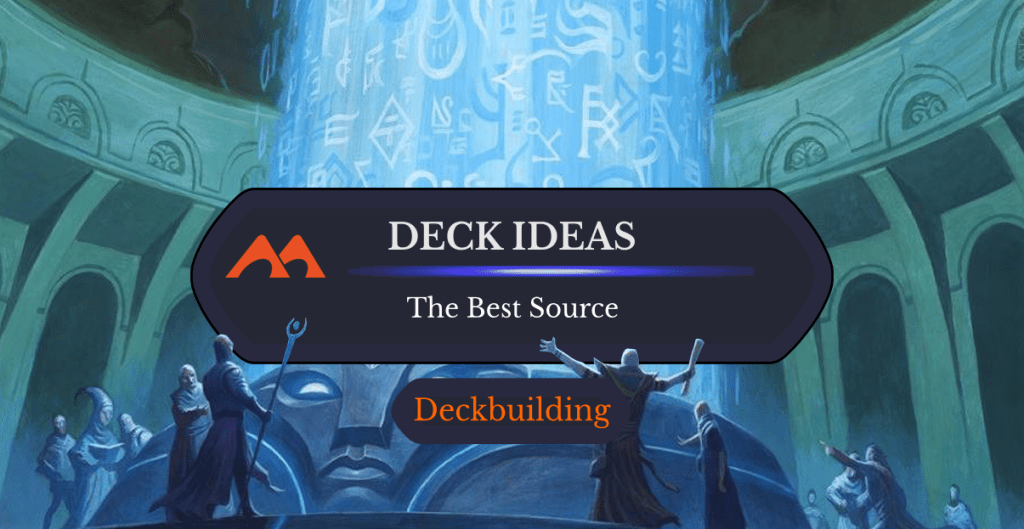
Well of Ideas | Illustration by Steve Prescott
Something I think most players really appreciate about Magic is the fact that there’s such a wide variety of decks you can build. This is a game with almost 30 years of history and an ever-increasing number of cards you can pick from to build your deck and choose how you want to play.
There are obviously some limitations thanks to the inevitable power-creep and the varying legalities of cards in different formats. Sometimes being too aware of those limitations drives us to kind of repeat some formulas when it comes to deckbuilding. It’s only natural to go for the safest options when you’re looking to win games.
The truth is that Magic isn’t just about winning. Deckbuilding is a huge part of the game itself, almost as big as actually playing against other players. It’s also a creative process, and creativity needs inspiration.
This list will be separated into two parts. One is directly related to Magic sites and communities where you can find deck lists and ideas, and the other is made up of external places where you can find inspiration. Let's get into it!
Draftsim’s Decks Database
Draftsim actually has its own deck database where we upload decklists. We also cover decklists and go over strategies, alternative builds, and more on the blog.
We update with new decklists regularly and build around most formats so you can simply filter to see the decks in the format you want to play and see if something piques your interest. And you can also upload your own deck to inspire other players!
MTGTop8
I just want to be clear that I’m neither endorsing nor criticizing netdecking here. I know there’s a massive disagreement about the subject, but what I am endorsing here is using MTGTop8 to take a look at what may be good in the game’s meta right now. Not only does it provide you with deck ideas, but it lets you know what you might be facing so you prepare your deck for competition accordingly.
Whatever your opinion about netdecking may be, we can all agree it’s good to be prepared when building a deck.
MTGGoldfish
MTGGoldfish has proved itself as one of Magic’s best resources out there. They’re consistently up to date with the game and its meta, and they also have plenty of decklists on their site. If that isn’t enough, they also upload a wide variety of content regularly, so there’s plenty of sources for ideas for decks.
Moxfield, ManaStack, TappedOut, Archidekt
I’m putting Moxfield, Mana Stack, TappedOut, and Archidekt together because they work in relatively similar ways. They’re all deckbuilding sites where you can build your own deck and share it with other users.
More specifically to our purpose right now, other users can share their decks with you. While not every deck you find will be some super-optimized winning machine, seeing some of the more out-of-the-box ideas can spark some creativity.
EDHREC
Pretty much every single Commander player knows about EDHREC. This is one of the most important sites for the format since it allows you to search for specific cards and see what other cards are most often used alongside it or synergize well with it.
It’s also a great resource to find deck themes and strategies, what the most used commanders are for said strategies, and various ways to build them. As a big Commander player, I can’t recommend EDHREC enough.
Studying the Metagame
I personally don’t like when games become more about the meta than the sheer fun of the game itself. But what I may or may not like isn’t all that important if the game does have a very prominent meta. Taking a look around at what’s being played most can be an amazing source of ideas. And Arena Tutor has a feature for it too!
Opponents’ Decklists
Magic is a social game that you never play in a vacuum. You’ll always be facing other players and their own deck ideas. This opens up two possibilities.
One is that you get inspired by what your opponent plays and want to check out their decklist for inspiration. If you’re playing paper Magic, you can just ask the other player if they’ll let you go through their deck. If you’re playing Arena, you can use Arena Tutor’s feature that lets you look at an opponent’s deck after a game so you can know what they were playing.
The other possibility is that seeing your opponent’s deck may give you ideas for a deck that can counter that exact strategy.
Checking Spoiler Sites
Before every new set in MTG we go through a spoiler season where we see all the new cards that we’ll be getting in the coming sets. This also means getting a look at new and returning strategies, themes, mechanics, and even characters. We cover new sets and spoilers on the site as soon as they're revealed, so make sure to keep an eye on new set articles!
The YouTube MTG Community
There’s a huge world of Magic YouTubers out there, and pretty much all of them can serve as inspiration for decks. Channels like The Commander’s Quarters, TheSkarTV, or Strictly Better MTG all make videos focused on deckbuilding, while Tolarian Community College, Magic Arcanum, and The Command Zone make great content with a ton of variety that can still work as inspiration for possible decks.
The Twitch MTG Community
Arena has found a way to make a place for itself in online gaming circles that Magic Online never could. That plus the ever-increasing popularity of Twitch means that there are tons and tons of streams of people playing Magic out there, from super noob players to professionals.
Just find one you like and you can take ideas from their decks and how they play.
ScryFall
ScryFall is by far the most complete and easy to use card database for Magic. It can take some time getting used to its syntax system if you want to find specific card by less conventional means, but it’s still the best out there.
Most importantly, it has a feature that lets you find any random card. It may sound absurd, but you can just start going through random cards until one catches your interest if you’re out of ideas for building a deck.
Your Friends and LGS
It may sound obvious, but talking to people is one of the best ways to get ideas for your decks. Not only will you be able to brainstorm ideas with them, but you can also base part of your decks around being able to keep up with your regular playgroup, which can prompt some cool ideas.
Social Media
There are huge communities of Magic players out there. You can go from super general groups like r/mtg, where they discuss all things Magic, to hyper specific ones like r/mtgGore, where they talk about damaged or broken cards only.
While I think sites like Twitter and Tumblr have an active and interesting community, sites like Facebook and Reddit allow you to join and visit groups and subreddits that are specifically about Magic. And don’t forget Discord, where you can also find and join our amazing community.
Choosing a Specific Strategy or Archetype
Magic has tons of possible color combinations, strategies, and archetypes. Starting with possibly the most basic question (“what do I want this deck to do?”) can quickly give you a focus for what colors, what cards, or even what formats to look for. Not to mention you’ll also find tons of recommendations, guides, and deck ideas for whatever archetype or strategy you choose.
Just Choose a Single Card
Maybe you’ve had that one card in your collection that you’ve always wanted to play but never did. Maybe you opened a pack and pulled some amazing card that you absolutely love. Maybe you just realized a card can have some fun interactions or mechanics. Use that card as a starting point and the rest of the deck comes behind it!
There are obviously some limitations to this. It can be hard to come up with a deck for One with Nothing, but it never hurts to try if you’re short of ideas. You can always take out the original card out of the final deck.
Commander
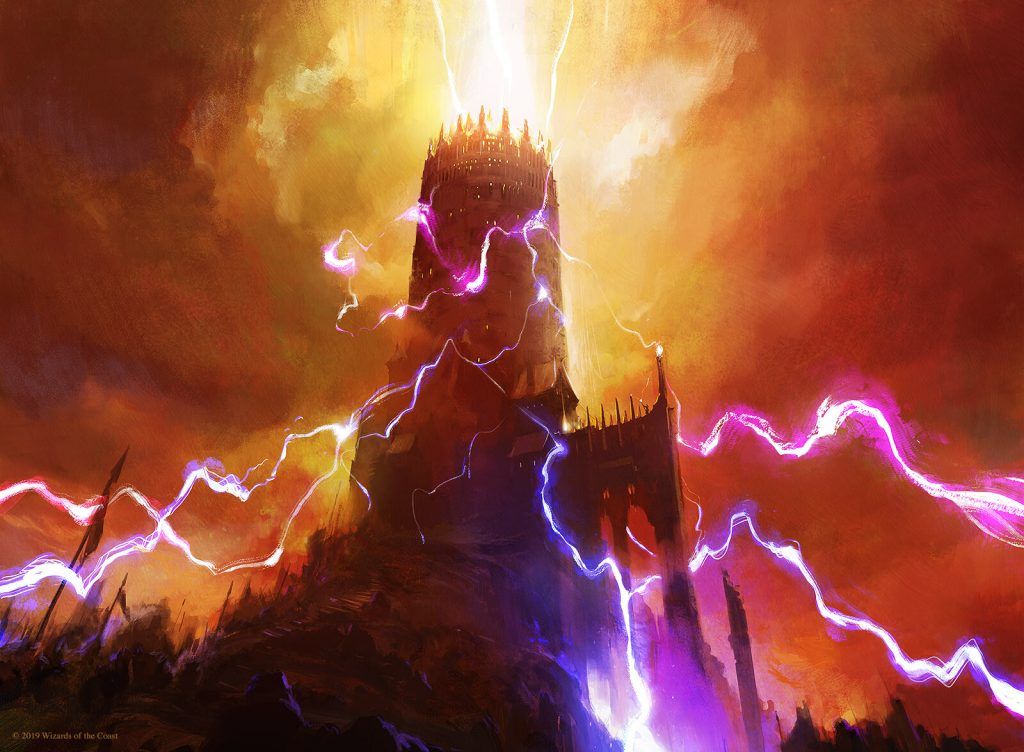
Command Tower | Illustration by Evan Shipard
Taking my last point to its better-constructed conclusion basically means you end up with Commander. The format’s original idea was to pick one of the original elder dragons and build a whole deck around it. You now have plenty more options, but the spirit of choosing some legendary creature you like and basing an entire deck around it is still very much there.
Unconventional Strategies
Build a deck that either doesn’t try to win or tries to do so in weird or unconventional ways! Strategies like chaos, group hug, group slug, and more can all create bizarre play states that drift away from normal Magic games. I personally play a chaos deck that doesn’t aim to win but rather be as annoying as possible when my playgroup plays their most powerful decks. Remember that this is a game and you can have fun without being competitive.
I’d recommend this almost exclusively for EDH because it may be hard to apply to other formats. Decks like these lose their fun aspect in duels and especially in ultra-competitive games.
Interesting or Uncommon Mechanics
Magic has tons of weird mechanics. There’s no reason not to build a casual deck that plays around rampage, horsemanship, bushido, or even banding. Obviously most of these mechanics were abandoned thanks to their complexity and lack of power (or excess of it in cases like annihilator), so be aware that they’re not the greatest strategies if you’re looking to net yourself a quick win.
Lore Decks
This strays harder into the casual side of the game. Magic’s lore is absurdly long and complex, which means there are tons of plots, characters, groups, and events you can base a whole deck around. Just choosing stories that follow the Weatherlight can be material for several decks.
Not to mention the Gatewatch and their adventures, the Dominarian Coalition, both old and new Phyrexia, plus a ton of others. But don’t expect these decks to be competitive.
Tribes
For anyone who may not know, a tribal deck in Magic is a deck focused around a specific creature type. It aims to have as much support for that specific kind of creature as possible and to exploit it.
Some of the more famous examples are dragons, elves, goblins, or humans. But Magic has tons of creature types that have something between decent to great support.
In-Universe Factions
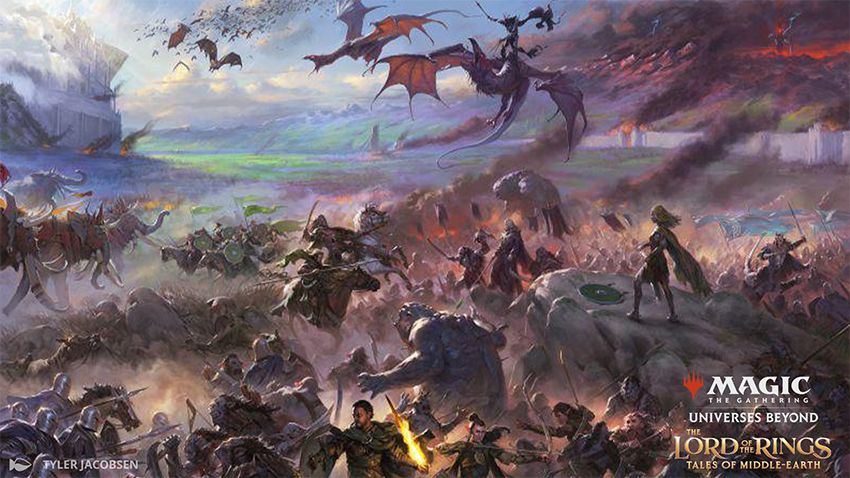
Magic has a huge and ever-expanding multiverse. Each plane has its own worldbuilding and particular social dynamics which leads to tons of different organizations, armies, and other kinds of groups. Most of these are also tied to one or more mana colors and specific strategies within the game’s mechanics.
Some fan-favorite examples of these would be the Ravnica Guilds, the Tarkir Khans or the Dragonlords, the Strixhaven Colleges, Kaldheim’s realms, Alara’s Shards, and a long etc. A great advantage to this is that most of these groups have specific support for how they work, so it’s usually pretty easy to build around them.
Sticking to Your Collection
I recommend sticking to your collection as an exercise to get used to deckbuilding and how cards work with each other. Of course, you’ll almost always need to get singles if you’re looking to build a new deck that can compete against most opponents, but the idea behind this is to just build for the sake of it. And you may find that you’ve been underrating some cards in your collection.
Silver-Bordered Cards
Un-sets are some of the most interesting Magic sets in terms of mechanics. The fact that they’re joke cards allows for super experimental ideas that may become actual mechanics down the line.
This means that playing with these cards can feel almost like playing a whole new game. I think this works best if everyone is playing silver-bordered cards, which gets you a game full of shenanigans and laughs.
Making Up New Rules and Limitations
Before anyone in my old playgroup even knew that Archenemy was an actual format with specific rules, we decided we wanted to have a “many vs. one” game. We came up with some bizarre rules to even the playing field and make it more fun. This also meant most of us had to alter and remake the decks to adopt to our rules changes. Having these new challenges and possibilities was a super fun exercise in deck building.
I’m sure that if your playgroup changes the rules of Magic, even by just a little, you’d find that the rules of deckbuilding would change completely.
Aesthetics

Diaochan, Artful Beauty (Portal Three Kingdoms) | Illustration by Miao Aili
Sometimes you just want a deck that looks good, even if it doesn’t work that well. It can be simply as a collection piece, or you can actually make a functional deck to play using this as a prompt.
This also comes with the advantage of having to search for cards based on their art and not their colors or mechanics, so you may end up finding some cool or powerful cards to build more win-oriented decks around.
Fanwalker, D&D Characters, and Other Original Characters
If you play Dungeons & Dragons or any other kind of tabletop RPG, you can actually use the pre-existing mechanics of that game to base a deck around. I’ve actually come up with ideas for decks based on my D&D characters before. Most of them I didn’t end up building, but it still gives a pretty solid base for a deck.
I also know people who’ve come up with fanwalker characters and then based decks around them, which is also a really fun idea which can give you an even more personal connection to that deck.
Other Media
Pretty much any piece of media you enjoy will be full of tropes that can fit more or less perfectly into Magic’s own archetypes. Using source of inspiration from outside the game is kind of like creating your own Universes Beyond set without the alternate art and card names.
Real-Life Interests
The ever-growing list of tropes, characters, worlds, and ideas in Magic means that you’re almost certain to find some way to capture a part of yourself in the shape of a deck.
I myself am a history student at college and was absurdly excited to see the Lorehold cards when Strixhaven came out. I also have a friend who’s a chef and started building a Gyome, Master Chef deck as soon as it was spoiled. You can also apply this to other things like experiences or fears. My girlfriend is afraid of large sea creatures (reasonable if you ask me), so she actually used that as an inspiration for an amazing kraken (and other sea monsters) tribal deck.
Wrap Up
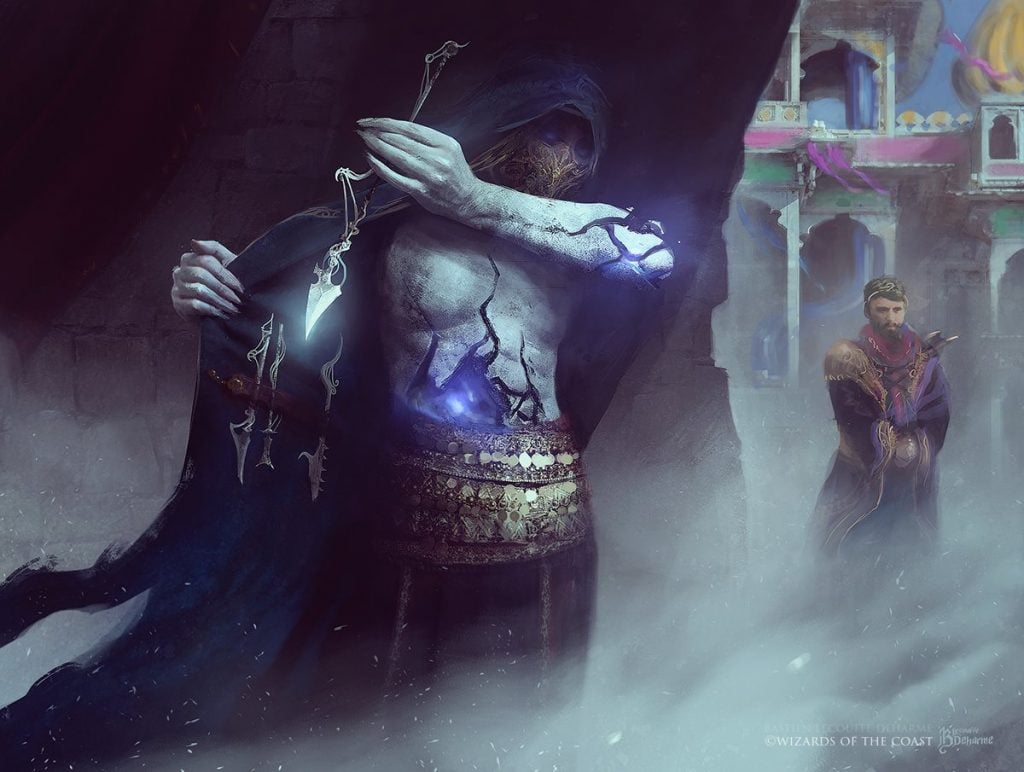
Tidy Conclusion | Illustration by Bastien L. Deharme
This is obviously not a complete list of every single place you can draw inspiration from. I personally think more people should think of deckbuilding in Magic as a game in itself. It’s an amazing way to get familiarized with the game, but it’s also a really fun thing to do. I hope the entries on this list helped either to find good resources for your decks or as a way to spark some inspiration.
But enough about me. Where do you find inspiration for your decks? Do you have a deck that you built from some unexpected or weird original idea? What’s your favorite resource to come up with decks? Feel free to let me know in the comments. You can even join the Draftsim Discord and keep the conversation going there, and even find some nice ideas for new decks too.
That’s all from me for now. Have a good one, and I’ll see you next time!
Follow Draftsim for awesome articles and set updates: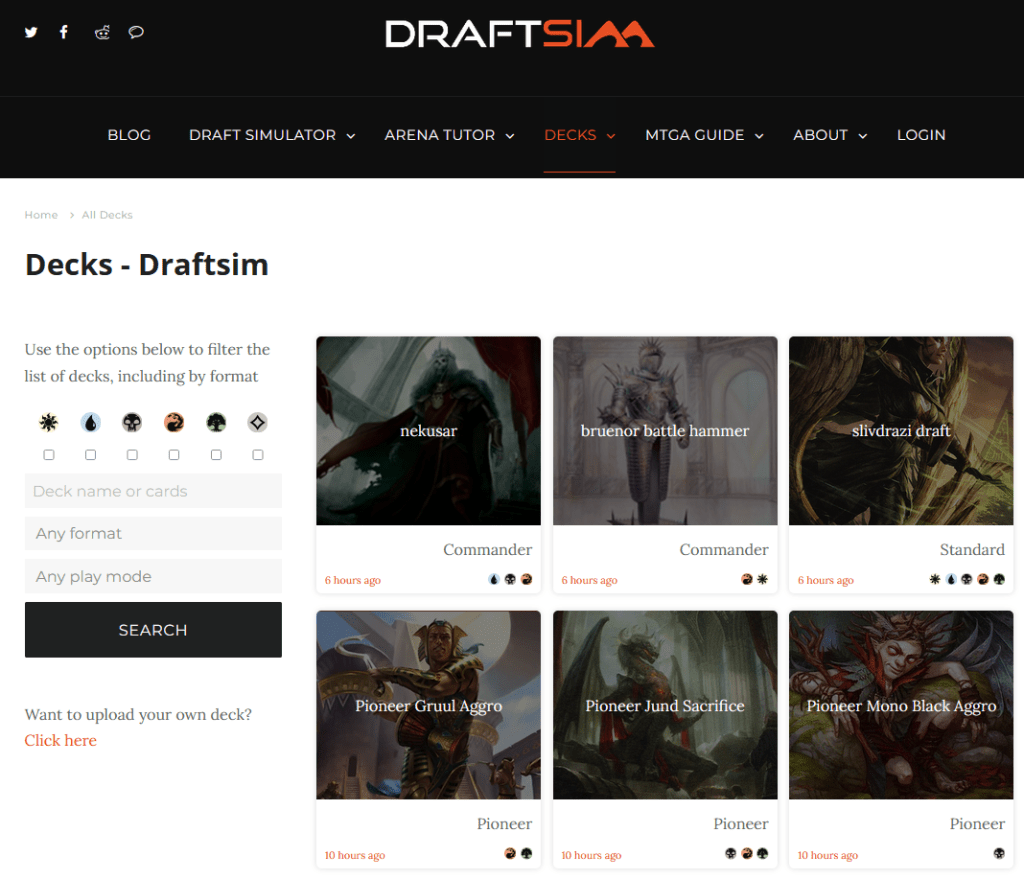
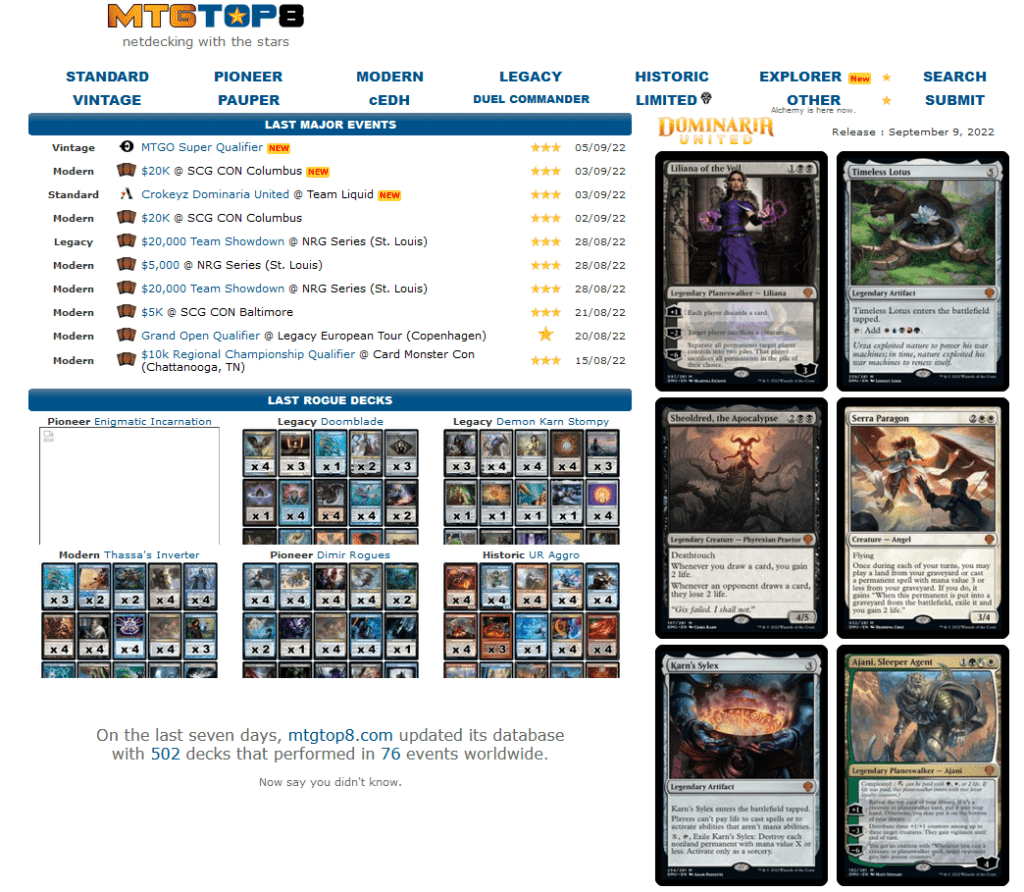

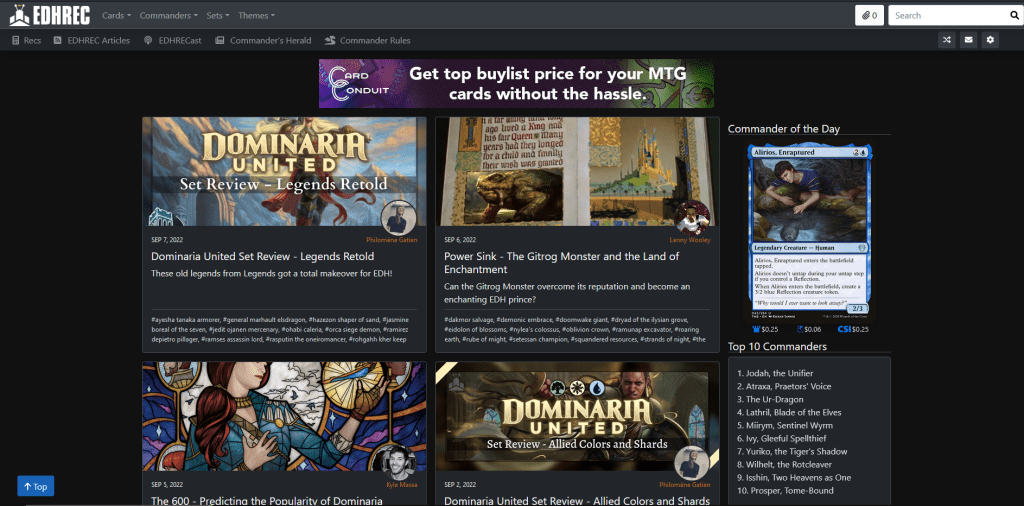
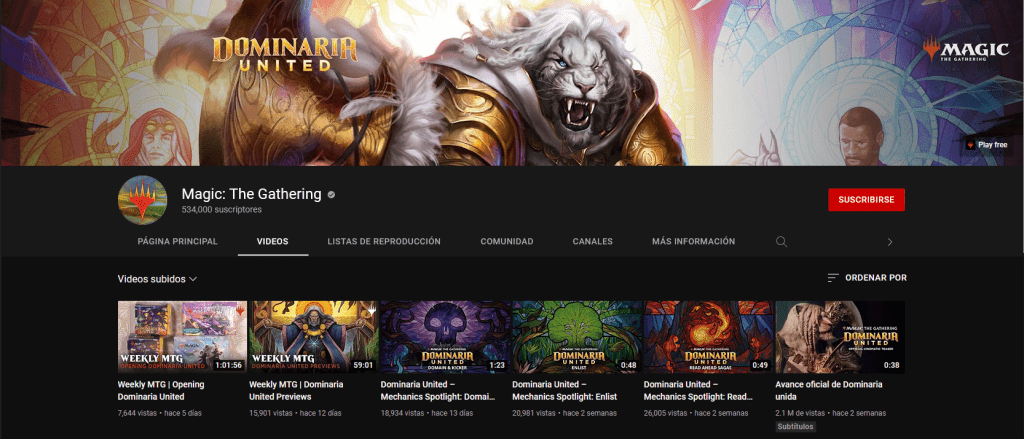
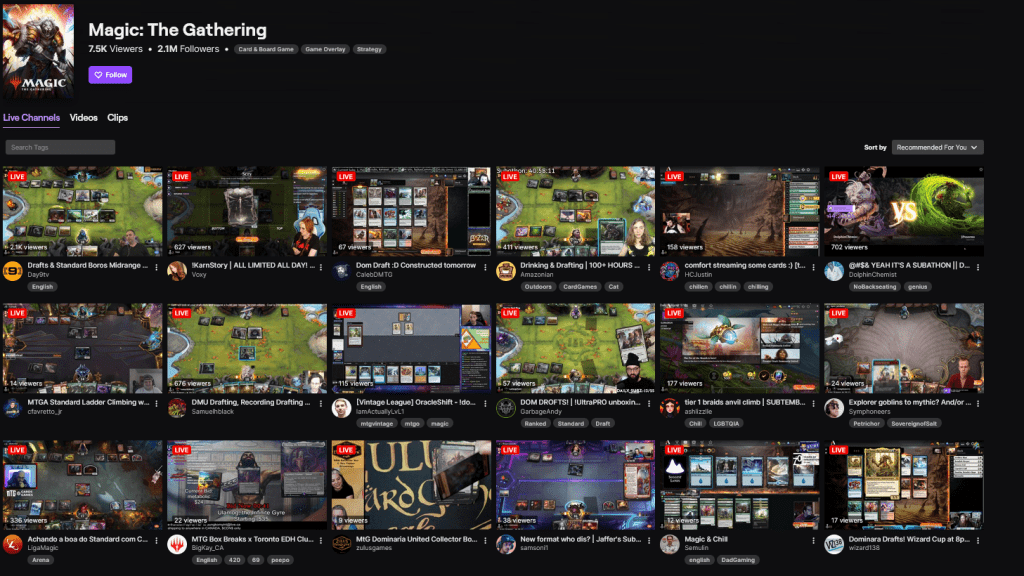
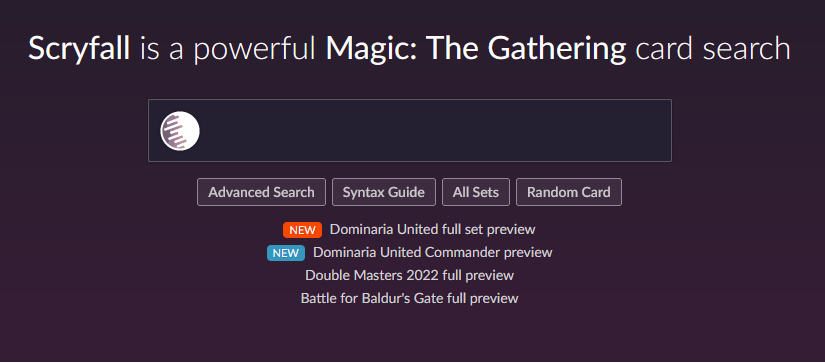
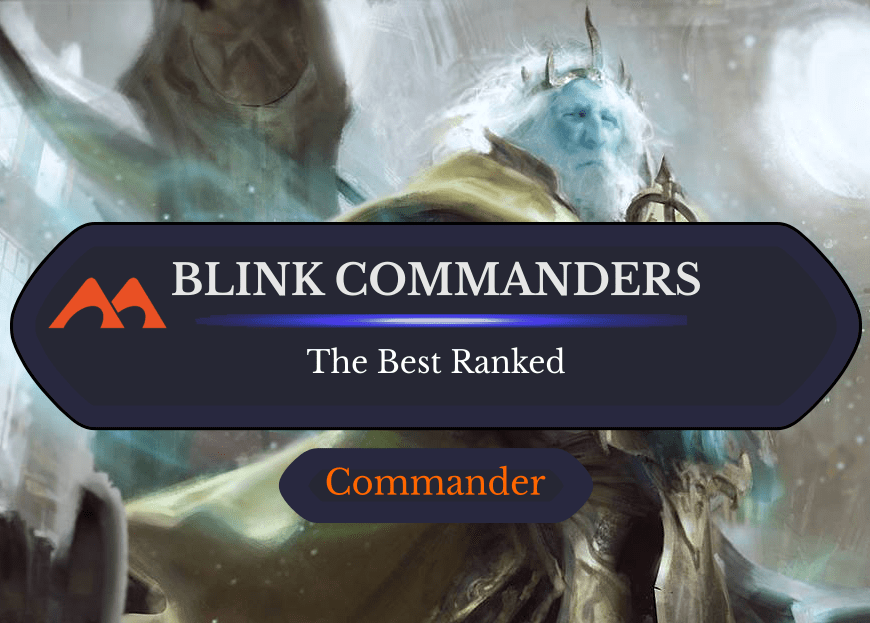
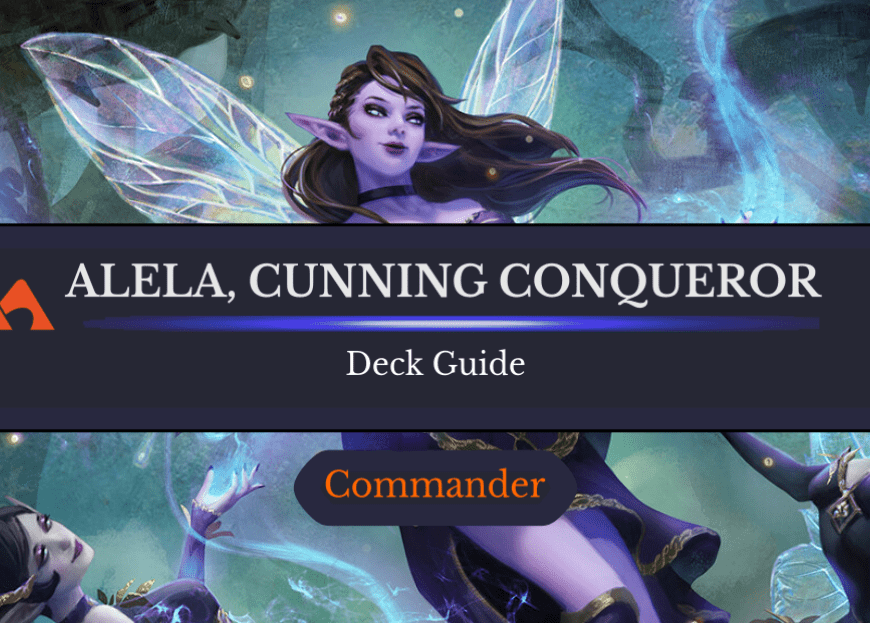
Add Comment